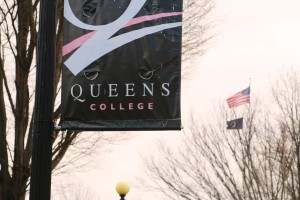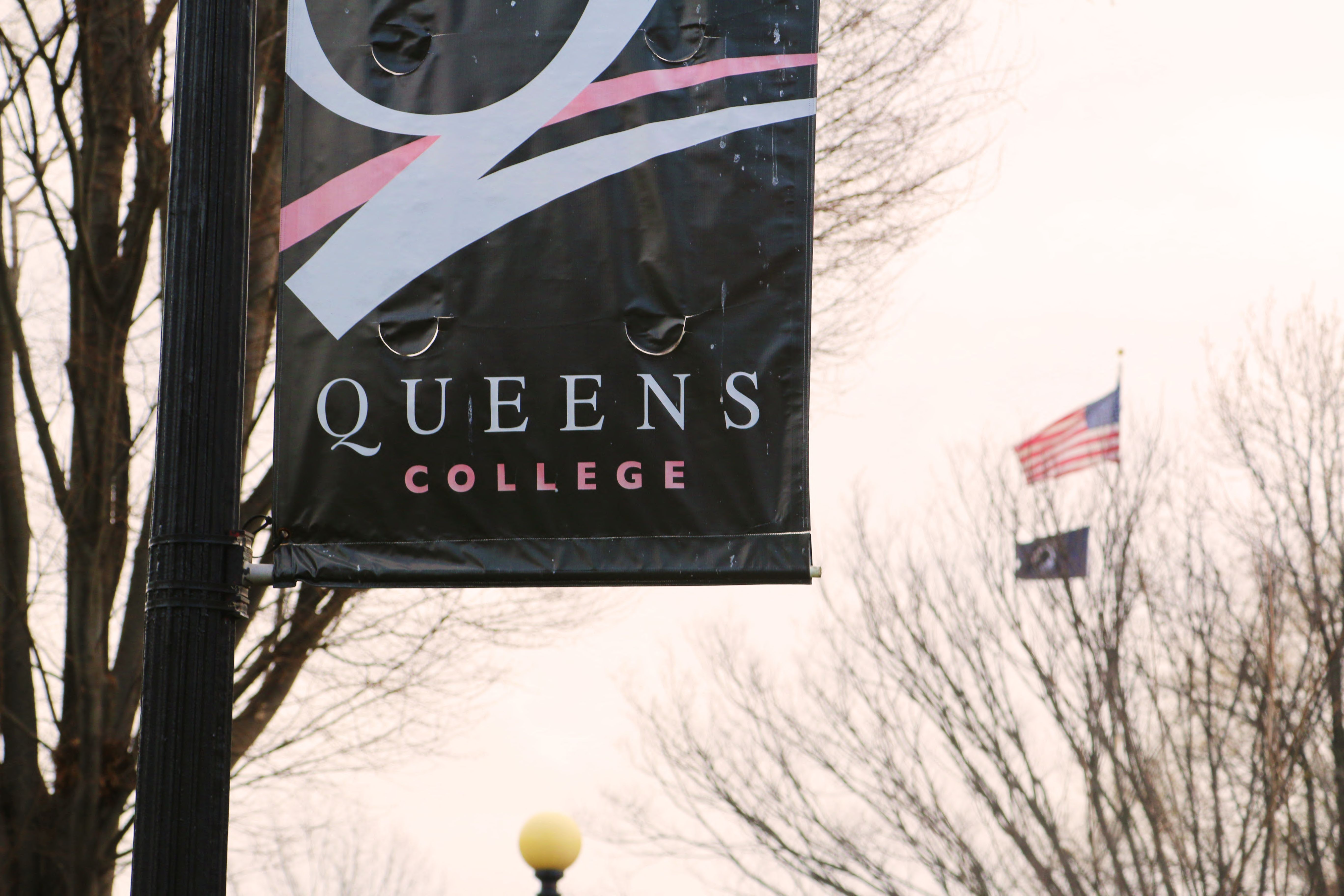
Coming to Queens College is a new initiative aimed at increasing minority graduation rates.
Optimizing Academic Success and Institutional Strategy is Education Trust’s innovative initiative to improve higher education success for underprivileged students. The organization, which is a non-profit advocacy, promotes programs aimed at helping students of low-income and minorities in order to close achievement gaps completely.
The initiative will be implemented in 11 schools, including Florida A&M University and University of Houston. Among these colleges are six Hispanic-Serving Institutions, four Historically Black Colleges and Universities and one urban research institution.
Bonita Brown, Director of Higher Education Practice at EdTrust, said that the initiative will be composed of HBCUs and HSIs working together to implement the most effective strategies for student graduation and overall success in college.
“OASIS is unlike most other conferences where higher education professionals are present because OASIS brings together presidents, provosts, student affairs VPs, enrollment managers, and researchers from each institution as teams to address student success on their campuses,” Brown said. “One of the goals of OASIS is to assist institutions in collecting and analyzing data and utilizing that data to address student needs.”
The OASIS conferences will also allow institutions to carefully and effectively share data among each other.
“We see OASIS having a positive impact on institutions’ graduation rates because through it, leaders will be able to assess their policies, processes and procedures with the outlook of removing barriers that cause challenges for low income and minority students,” she said. “We hope to extract best practices from this effort and leverage them on a larger scale so that all institutions can implement these practices to ensure that low income and minority students succeed.”
Marines Gonzalez, a QC sophomore, thinks that any initiative aimed at helping minority students is a positive one.
“There are a lot of factors that play into the graduation rates of African American and Latino students, but I think the biggest disadvantage is simply in the fact that many of these students are first-generation college undergraduates. Many students have to undergo the process of applying or looking for resources alone, so it becomes difficult to balance school with social life, responsibilities and jobs,” Gonzalez said.
Junior Bidisha Bagchee believes that although the responsibility of graduation and college success is on the students themselves, she sees how an initiative such as OASIS will be helpful to the community.
“Whether you graduate or not, it’s on you. Your personal effort, dedication and so on. But as the saying goes, ‘it takes a village to raise a child,’ professors and administration should always be on the lookout for new ways to help students,” Bagchee said.
As for the concrete plans for utilizing this initiative, Provost Elizabeth Hendrey and Acting Assistant Provost Eva Fernandez at Queens, stated that the integration of OASIS into the college’s policies has just begun.
“We will have the opportunity to learn from [OASIS] about initiatives that have worked. Cal State Fullerton, whose president is spearheading the establishment of the network, has put in place some innovative ‘student success teams,’ for example, and has had some excellent success in increasing graduation rates overall and in closing achievement gaps for minority students. The second component is the opportunity to network with schools like ourselves, as well as to be exposed to experts who can help us best invest our resources,” Hendrey said.
Hendrey said that this will be a two-year project. Their first steps will be to analyze the situation and determine where to focus their efforts.
In addition to data-driven decision making and providing a platform for college administrators to network among each other and share strategies that have worked, OASIS opens doors to improving the use of data and seeking funding for areas of need.
“At the core of both of these components (data-driven decision-making and networking) is our administration’s firm commitment to improving access to higher education, which is central to our mission and at the forefront of our 2015-2020 strategic plan. We envision the initiative informing some of our internal practices regarding the use of data, and triggering programs for which we will seek external funding,” Fernandez said.














